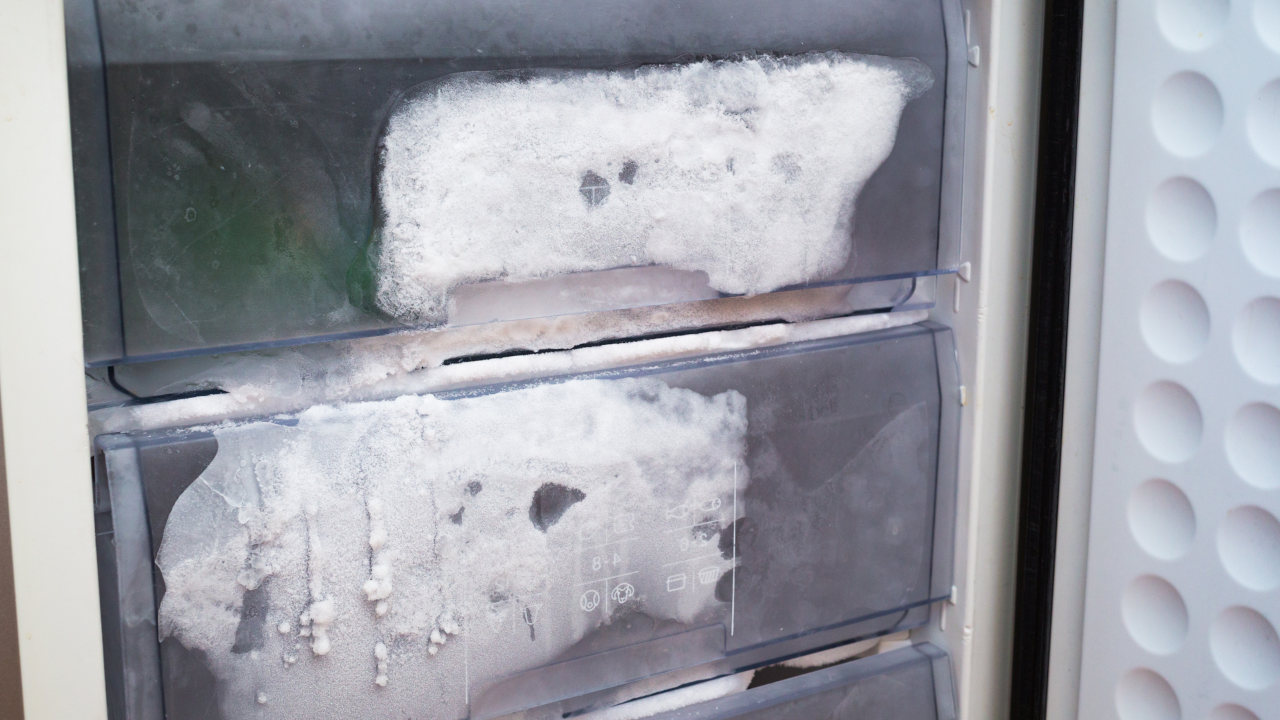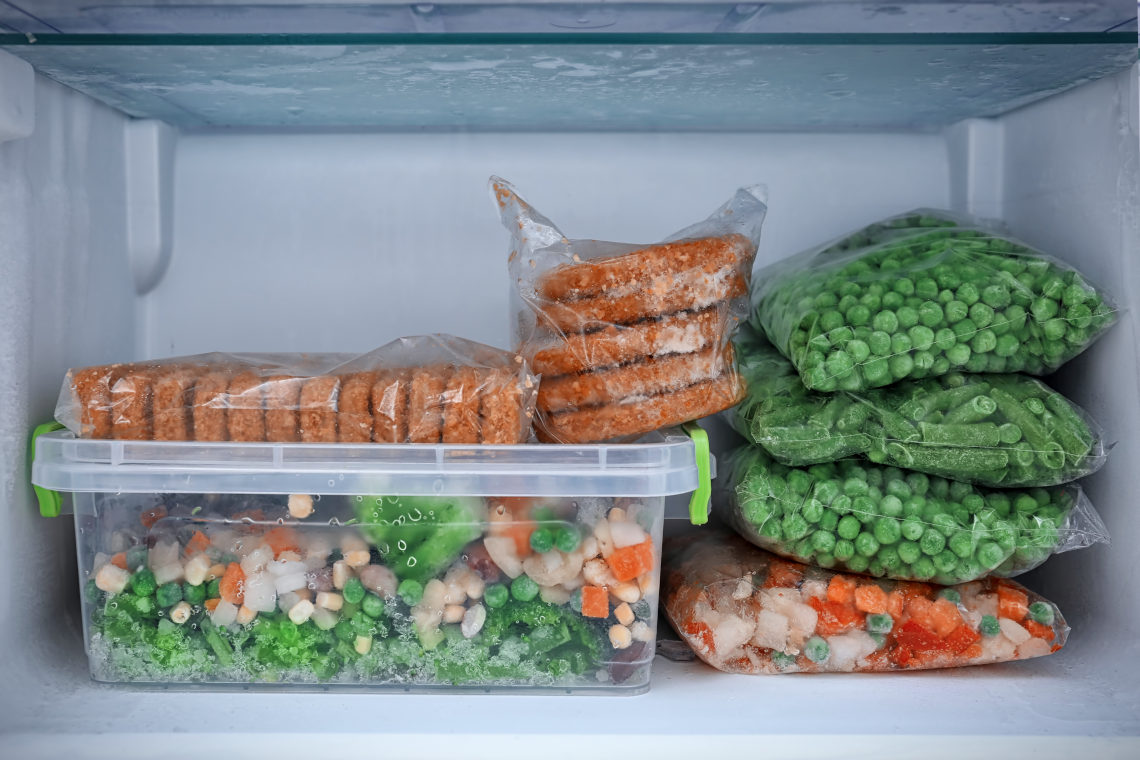Tips for Keeping Your Fridge Freezer Cool During a Heat Wave
We rely on our fridge freezers all year to keep our food and drinks cold. But, when the summer heat hits, our appliances can often get a little too warm, compromising the food we keep inside. To help keep your food in the best condition, we’ve pulled together some tips, tricks and advice to keep fridge freezer cool to ensure it powers through any warm weather spells.

Can a refrigerator be outside in the heat?
Keeping a refrigerator outside in the heat is not recommended, as it is unlikely to perform as well as it would in cooler conditions. Even if you have an outdoor refrigerator or freezer, it is still not advisable to keep it in the heat for extended periods. Instead, place it in a covered area with safe outdoor electrical connection.
Are fridges efficient in the summer?
Refrigerators often have mechanisms in place that allow them to regulate their temperature during hot weather. For this reason, the weather shouldn’t affect a good refrigerator that’s kept inside in the summer. Beko fridge freezers have been proven to work well in heatwave temperatures, so you don’t need to worry about lukewarm beverages or your food becoming non-consumable during the summer months. If you are noticing that your fridge is too warm, it is important to get it check from issues professionally.

Are fridges more efficient in cold conditions?
As aforementioned, weather conditions should have no effect on a good refrigerator. However, during the winter months, you may find that your appliance uses less energy to regulate its temperature.
How can I keep my fridge cool in hot weather?
If your kitchen gets too warm in the summer, ensure that you keep a window open to allow for good airflow and avoid stuffiness. It is important to leave enough room for air to circulate around the fridge’s interior when packing your fridge. If the appliance is crammed with groceries, cold air will not be able to circulate fully, meaning temperatures will vary.

How to fix a freezer that isn't cooling?
If your freezer has stopped working entirely, check that it is plugged into the mains and there are no obvious problems with the wiring.
There are several elements you will then need to look into or call a professional to look at. Firstly, check if the freezer seal is working efficiently – you should be able to detect how strong it is when opening and closing the freezer door. If you’re unsure, put a piece of paper between the seal on the door and freezer and close it, try to pull the paper out and if it slides out easily, your seal will need replacing. Next, look at the temperature and make sure it’s set correctly.
For more complex checks, analyse the back of the freezer for ice or dust and debris covering the coils that normally allow for proper airflow and functioning. Give it a dust if you notice a lot of dirt has gathered as this could be clogging up the system. When ice is found covering the coils, you’ll need to call a professional for help.
If your freezer is covered with ice on every surface – to the extent that opening drawers is a struggle – it may be time to defrost the freezer. For other issues, it’s well worth getting an expert to take a look at the freezer thoroughly, which can prevent repeated faults.

What is an allowable ambient temperature for a freezer in hot weather?
In the UK, temperatures between 10°C and 32°C are suitable ambient temperatures for fridge freezers. However, aim to keep the room temperature below 30°C where possible. Temperatures above this can lead to your refrigerator utilising too much energy.
Keep these tips in mind when temperatures are soaring and your fridge freezer is sure to survive the summer without a hitch!


